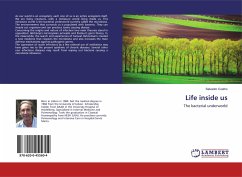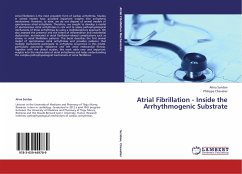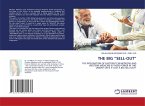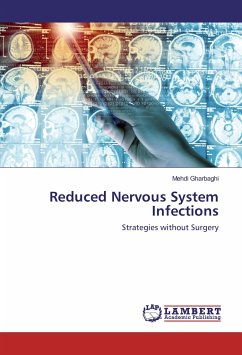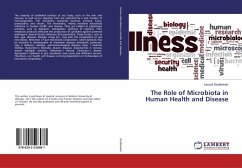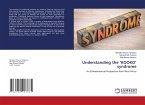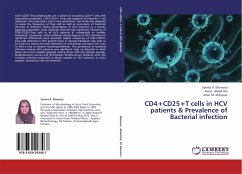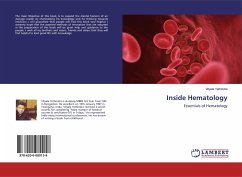As our world is an ecosystem, each one of us is an entire ecosystem itself. We are living creatures, with a miniature world living inside us. This miniature world is the bacterial underworld curently called the microbiota. The environmemnt that surronds us is populated with bacteria. They can invade our organism and can produce toxins causing disease.Concerning the origins and nature of infection two main theories stand in opposition: Béchamp's microzymian principle and Pasteur's germ theory. In the meanwhile, the search and experiences of Samuel Hahnemann created a new medicine that respects the microbiota and also increases the main defense mechanisms against pathogenic germs.The supression of acute infections by a less rational use of antibiotics may have given rise to the present epidemic of chronic diseases. Several other non infectious diseases may result from wiping out bacteria causing a microbiota inbalance.
Bitte wählen Sie Ihr Anliegen aus.
Rechnungen
Retourenschein anfordern
Bestellstatus
Storno

